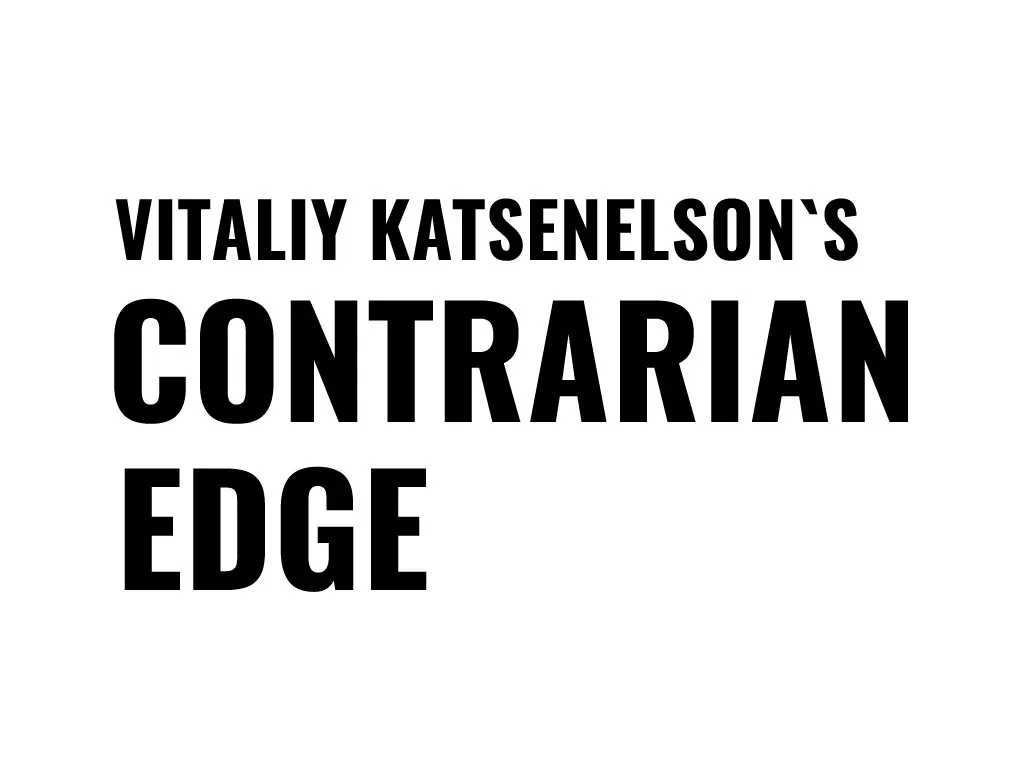October 26, 2004 – TheStreet.com: StreetInsight
-
FHN is taking market share in the mortgage business from defunct small players.
-
Management is not managing the business for the short-term; its building a strong, viable franchise for the long term.
-
The company was able to maintain flat earnings year-over-year despite huge exposure to the refi market.
I had a very interesting conversation with a friend of mine who is a mortgage originator at First Horizon National (FHN). I used his services when I bought my house in May. Here are some observations on FHN and the mortgage industry in general:
· FHN is taking market share in the mortgage business from defunct small players. Facing a difficult environment (to say the least), small players (most of whom have entered the industry as the refi bubble was taking its last breath) have returned to their day jobs — washing cars, cleaning streets, and serving food.
· FNH has raised fees for Home Equity Line of Credit (HELOCs). New accounts will face a $50 annual maintenance fee and $200 fee if the account is closed within three years. The big boys such as U.S. Bancorp (USB), Wells Fargo (WFC), and others have had fees attached to their HELOCs for a long time and my understanding is that their fees are still higher than FHN’s. These fees will be helping FHN’s business in the next quarter, and will be providing a consistent source of income in the long run.
· Facing a steep drop-off in refis, FHN has shifted its focus on builders in a very interesting way. It allows builder’s clients (homebuyers) to lock rates for nine months to a year ahead, thus removing the uncertainty ofwhat rates are going to do from the time of the buying decision (builders and customers must love that). I remember that was a significant concern for my wife and me when we were buying our house.
I need to check into this more to see how FHN hedges this rising interest rates exposure. I don’t know how widespread this practice is in the industry at this time (I welcome anyone’s input on that). If it is widely used by builders, than homebuilders will not be hurt immediately when rates rise.
· FHN is extremely efficient in the mortgage business. The aforementioned big boys decentralize underwriting and processing functions. It is not uncommon for a loan to be originated in Denver, processed in Wyoming, and underwritten in Washington. At FHN, the underwriting and processing function are done by the same person who resides in the local office where the loan is originated. So First Horizon is able to originate loans faster. The loan originator has a better understanding of the nuances of the customer’s loan and is able to provide better customer service to clients that have an ocean and a bucket of mortgage companies to choose from. In my personal experience, my loan was processed and completed in a matter of days, not weeks.
· A very interesting comment on management: My friend is a top producer, so every year he goes to the presidential club gathering. Every year at that shindig, top brass sets very quantifiable goals for the company for the next year, which often seem unreachable at the time. But the goals are always achieved the next year. This management is all about execution.
From listening to the conference call, I also got the impression that FHN’s management is not managing the business for the short term; it is not focusing on meeting or beating Street estimates. This management team is there to build a strong, viable franchise for the long term (something sell-side analysts may find frustrating and confusing).
· Another observation that resonates with Doug Kass’ and Jeff Bagley’s comments. Based on my friend’s experience (warning: this is only a sample of one person), consumers are stretching to buy expensive houses at any cost, even if it means getting an ARM or an interest-only loan. (I will address that issue in greater detail in the near future.) Obviously, this development is not good for the housing market in general, but I believe it will have long-lasting consequences reaching far beyond the housing market.
Overall, the more I learn about the FHN, the more I like this company and especially its management. I found that in retail and banking where products are very homogeneous, a good management team makes all the difference. I don’t have to go very far: FHN was able to maintain flat earnings year-over-year despite huge exposure to the refi market, where Washington Mutual’s (WM) earnings dropped 34% in the current quarter. I believe the difference in performance between these companies has everything to do with management.
As bullish as I am on the stock, I do not own FHN right now because I hope that I can buy it cheaper.
Copyright TheStreet.com 2004
This article is written for educational purposes only. It is not intended as a recommendation to buy or sell securities. Author and/or his employer may have a position in the securities discussed in this article. Security positions may change at any time.









0 comments